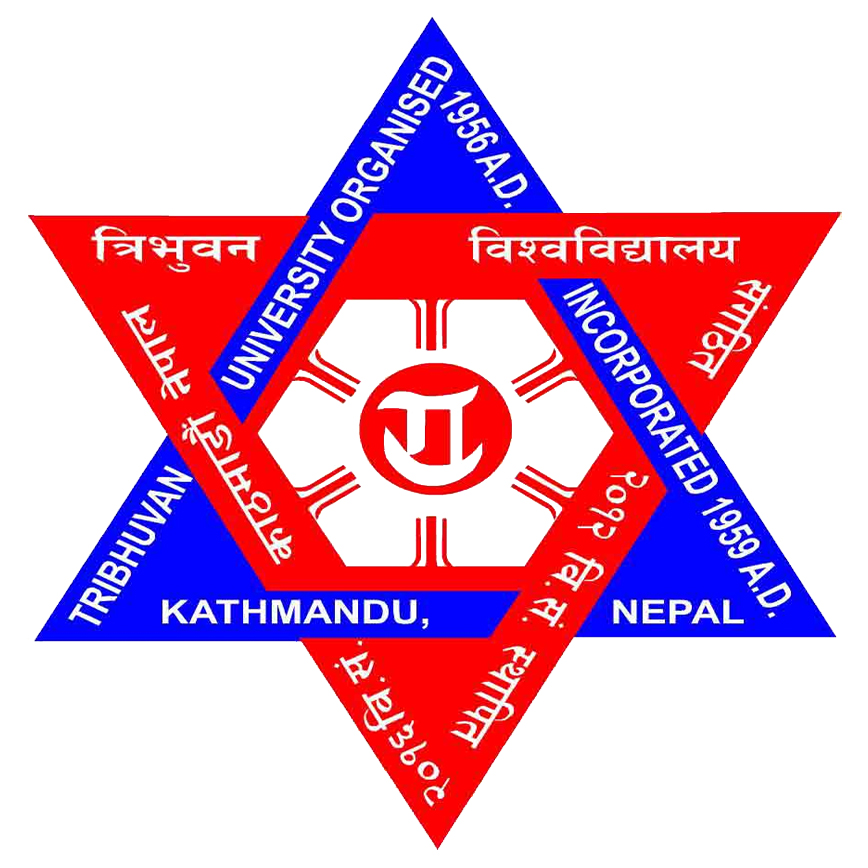Overview
Overviews of MSc in Environmental and Occupational Health at Nepal Open University, Man Bhaban, Lalitpur, Nepal (affiliated with Nepal Open University)
Program Overview
Nepal Open University (NOU) offers an MSc in Environmental and Occupational Health (MSc EOH) designed to produce qualified graduates in this interdisciplinary field. This two-year distance learning program addresses the increasing need for professionals capable of preventing and managing environmental and occupational health issues. The curriculum emphasizes the application of knowledge and policy implications to promote health through education, research, and community development.
Program Focus
The MSc EOH program covers various aspects of environmental and occupational health, including:
-
Understanding the relationship between health, environment, and occupation.
-
Analyzing health impacts due to different environmental and occupational exposures.
-
Developing skills in assessing, measuring, and controlling environmental and occupational hazards.
-
Preparing professionals for environmental health research, industrial hygiene, consulting, and policy-making careers.
Aims and Objectives
Overall Objective:
-
Graduate professionals in environmental and occupational health.
Specific Objectives:
-
Equip students with technical knowledge and practical skills through interdisciplinary learning.
-
Provide learning opportunities in contemporary and frontier fields of EOH.
-
Produce capable professionals committed to addressing challenges in the EOH sector.
-
Develop professionals who can explore new opportunities and innovate in EOH practices.
Salient Features
Degree Award:
-
Students enrolled under criteria I will receive a Master’s Degree in Science in Environmental and Occupational Health.
-
Students enrolled under criteria II will receive a Master’s Degree in Environmental and Occupational Health.
Eligibility Requirements
Criteria I:
-
Bachelor's degree (at least three years) or equivalent in basic or natural sciences, engineering, health sciences, medicine, or nursing from a recognized university.
Criteria II:
-
Bachelor’s degree (at least three years) in other disciplines with a minimum of five years of working experience in environmental health or occupational health in government, academic institutions, I/NGOs, or other agencies.
Admission Criteria
-
Applicants must submit applications via the student panel on the official website www.nou.edu.np.
-
The required documents include transcripts and degree certificates from the SEE/SLC, +2, and Bachelor’s level.
-
Applicants must pass an entrance examination conducted by the University.
Curricular Structure
The MSc EOH program has four semesters, with compulsory and specialized (optional) courses.
Semester I (Compulsory):
-
EOH 501: Environment and Health (3 Credits)
-
EOH 502: Environmental Pollution and Health (3 Credits)
-
EOH 503: Climate Change and Health (3 Credits)
-
EOH 504: Waste Management and Health (3 Credits)
-
EOH 505: Environmental and Occupational Health Practicum-I (3 Credits)
Semester II (Compulsory):
-
EOH 551: Occupation and Health (3 Credits)
-
EOH 552: Occupational Health, Policy, and Legal Frameworks (3 Credits)
-
EOH 553: Occupational Health Safety (3 Credits)
-
EOH 554: Occupational Hygiene (3 Credits)
-
EOH 555: Environmental and Occupational Health Practicum-II (3 Credits)
Semester III (Specialized/Optional):
-
EOH 601: Food, Health, and Environment (3 Credits)
-
EOH 602: Ecotoxicology and Health Risk Assessment (3 Credits)
-
EOH 603: Biostatistics and Research Methodology (3 Credits)
-
EOH 604: Environmental Epidemiology OR Occupational Epidemiology (3 Credits)
-
EOH 605: Environmental and Occupational Health Practicum-III (3 Credits)
Semester IV (Compulsory):
-
EOH 651: Project Work (6 Credits)
-
EOH 652: Research Paper Writing (2 Credits)
-
EOH 699: Dissertation (12 Credits)
Total Credits: 63
Evaluation System
Grading System:
-
The pass marks for internal and semester-end (theory and practical) examinations are 50% of the full marks at the Master’s level.
-
NOU uses a four-point (4.0) absolute letter grading system.
Grading Scale:
| Letter Grade | Grade Point | Marks Range (%) | Remarks |
|---|---|---|---|
| A | 4.0 | >= 90 | Outstanding |
| A- | 3.7 | 80 to < 90 | Excellent |
| B+ | 3.3 | 70 to < 80 | Very Good |
| B | 3.0 | 60 to < 70 | Good |
| B- | 2.7 | 50 to < 60 | Pass |
| F | Below 2.7 | < 50 | Fail |
Job Prospects
Graduates with an MSc in Environmental and Occupational Health can pursue careers in various fields, including:
-
Environmental health research
-
Industrial hygiene
-
Consulting
-
Policy-making
-
Resource management
-
Planning and zoning
-
Ecology and conservation
-
Forestry and agriculture
Potential Employers:
-
Governmental organizations
-
Private companies
-
Universities
-
Research institutes
Conclusion
The MSc in Environmental and Occupational Health at Nepal Open University prepares students to address environmental and occupational health challenges professionally. With a comprehensive curriculum and a focus on practical skills, graduates are well-equipped to contribute to the health sector, ensuring safe and healthy environments and workplaces. For more details, visit the Nepal Open University website or contact the administration.
Contact Nepal Open University's administrative office for detailed information on the MSc in Environmental and Occupational Health course, including fees, scholarships, facilities, counseling, eligibility criteria, etc.














